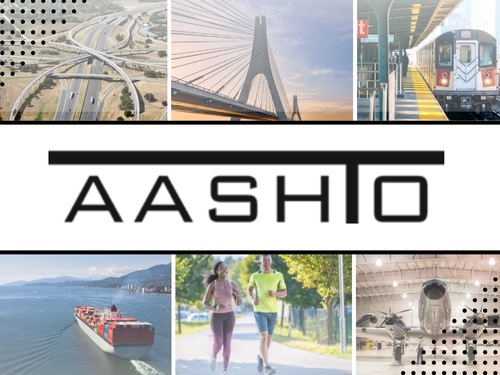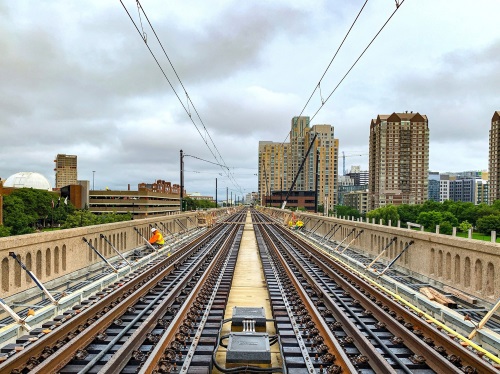The Federal Transit Administration issued a Request for Information or RFI on July 15 to help identify, assess, and mitigate “high-priority safety concerns” among both transit riders and transit agencies. The RFI closes on August 16.
[Above photo by the Massachusetts Bay Transportation Authority]
“Safety is our highest priority, and we want to hear from our public transportation partners and the public about their transit safety concerns, especially as ridership increases on public transportation,” explained Nuria Fernandez, FTA’s administrator, in a statement.

“This request for information will help us better understand the most important safety concerns and issues so we can improve safety and rider confidence,” she said.
FTA expanded its safety oversight capabilities in 2019, when it established an internal Safety Risk Management or SRM process to identify, assess, mitigate, and monitor safety concerns affecting the transit industry.
The SRM process helps FTA determine effective and appropriate risk mitigations, such as technical assistance or regulatory responses, to support transit agencies in cultivating safer environments for their workers and riders, the agency said
That safety focus is reflected in the $9.1 million provided by the FTA in October 2020 to fund 10 projects in nine states through its Safety Research and Demonstration Program and Bus Operator Compartment Program to support a range of transit safety initiatives, such as redesigning bus operator compartments to improve the safety of bus drivers and passengers alike.

One of the knowledge sessions during the 2021 virtual spring meeting of the American Association of State Highway and Transportation Officials focused on the need for strategic infrastructure investments to ensure sustained access and mobility for people and goods during a crisis – especially where transit systems are concerned.
“Take transit: one lesson we learned came from our initial response to the pandemic, where we transitioned overnight to a delivery system of goods and services to people,” explained Roger Millar, secretary of the Washington State Department of Transportation, during that session.
“We became a mobility service delivering meals and medicines, plus free rides to vaccination centers,” he noted.
“In some cases, transit provided the only at-home care some people received. We found that tribal, not-for-profit, and rural transit providers jumped in to help their communities,” Millar said. “As a result, we need more funding flexibility – that is key for managing such transitions, in terms of indemnifying maximum flexibility for state and federal dollars.”
 Nation
Nation
Registration Open for 2026 AASHTO Washington Briefing
December 12, 2025 Nation
Nation

